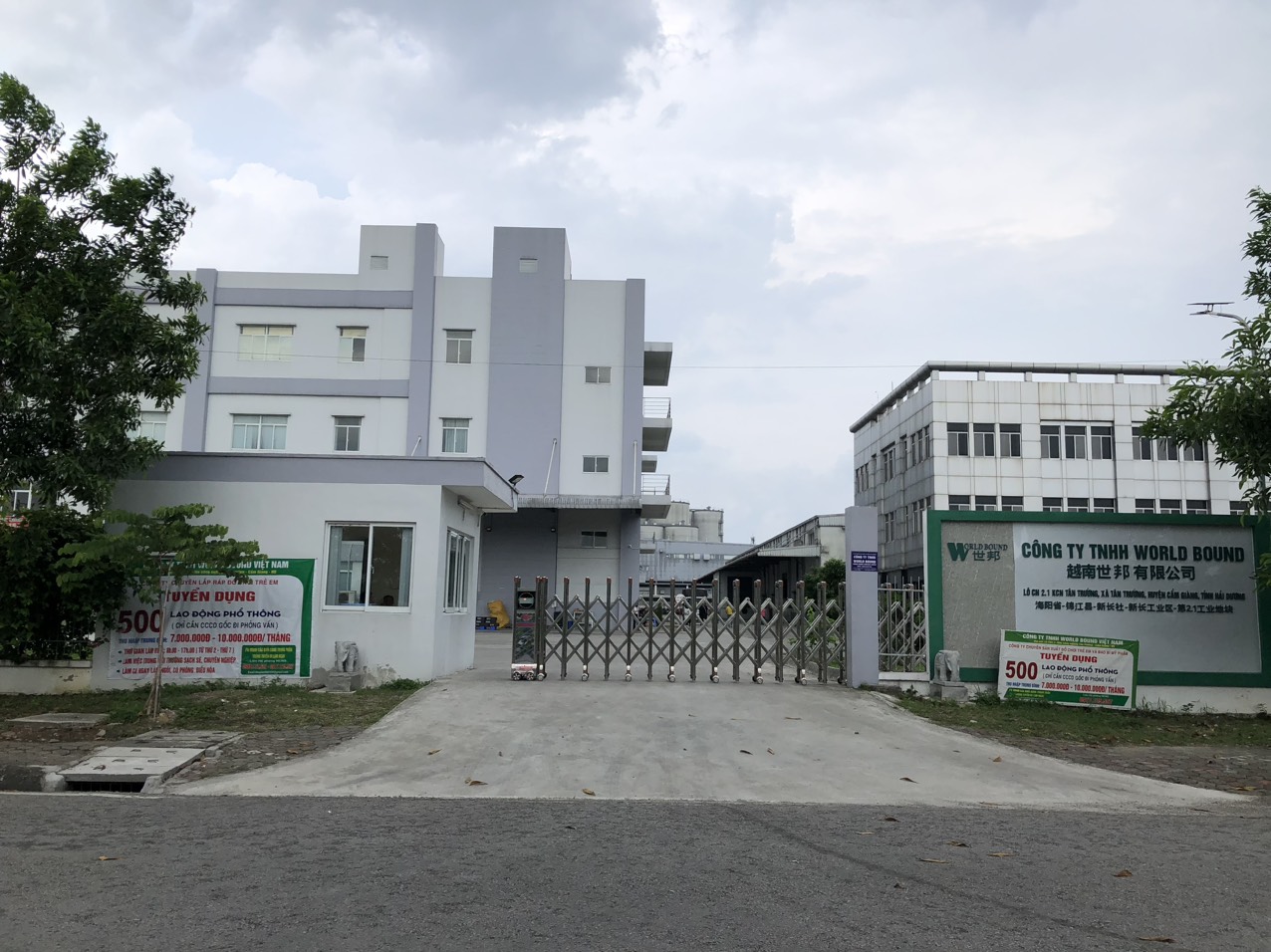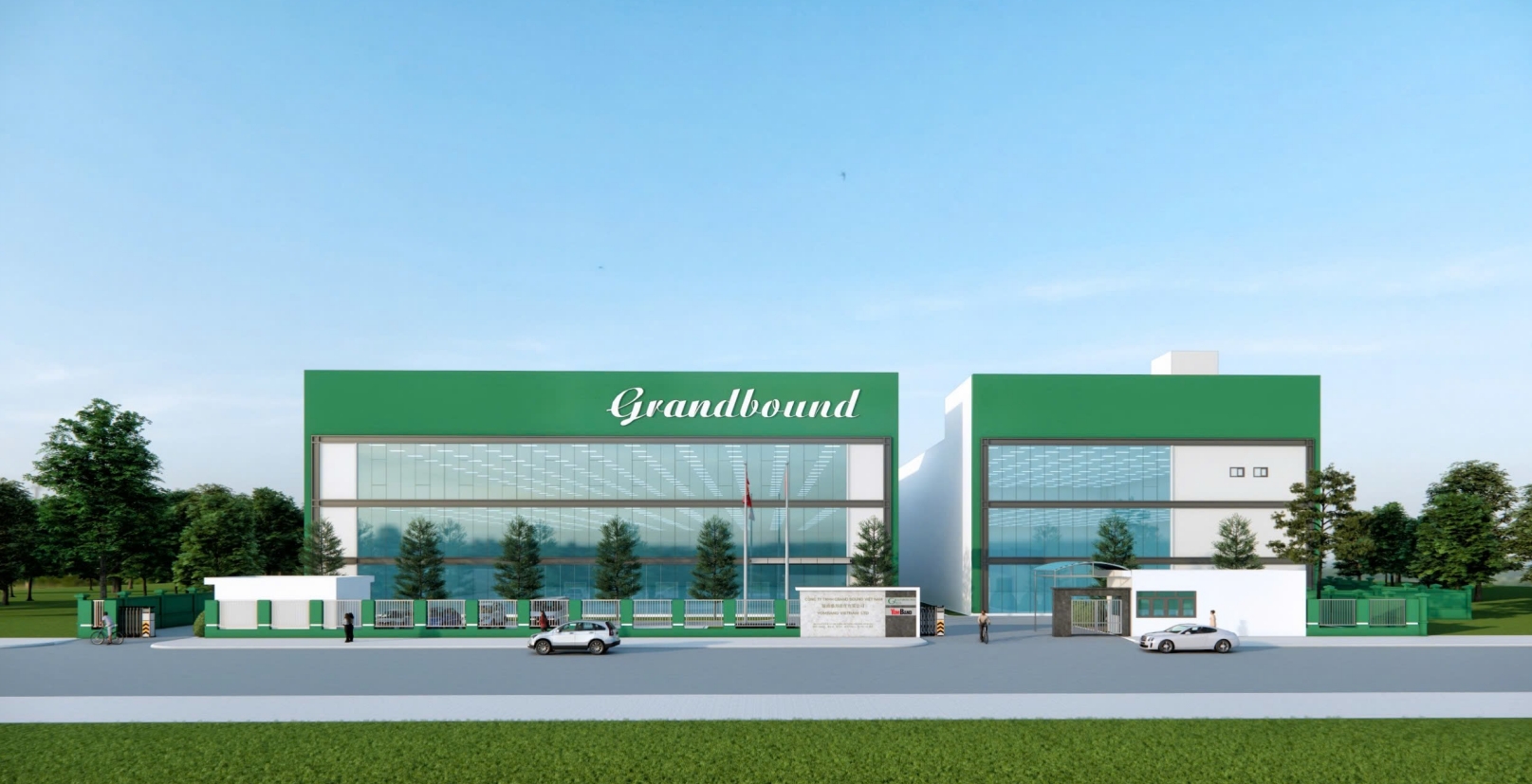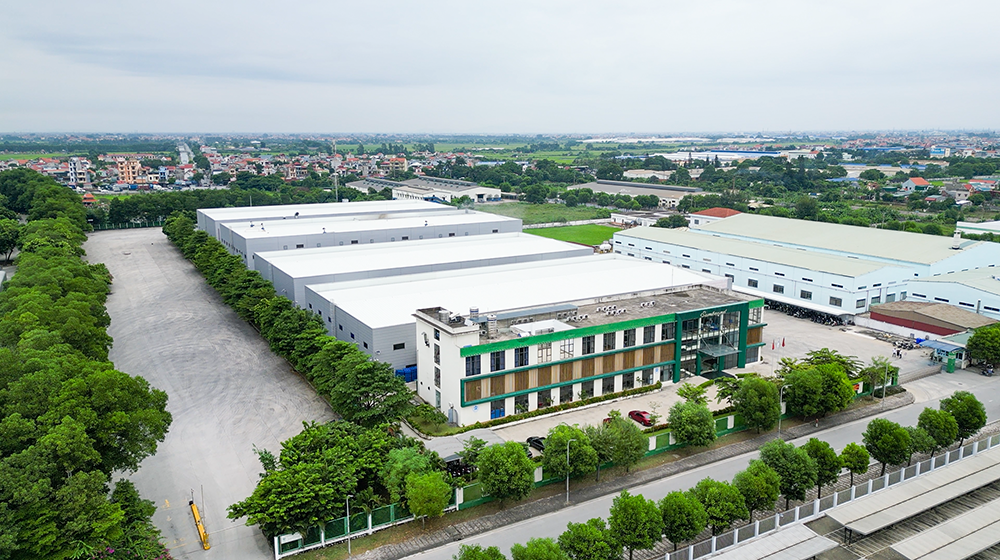According to data from the Institute of Chemical Purchasing, from January to September 2024, China's exports to the United States amounted to 2.71 trillion yuan, approximately 381.1 billion US dollars, with plastics and rubber products accounting for 5.16%. In the face of tariff increase risks such as the United States imposing tariffs on Chinese imported plastic injection molding machines and other medical products, Trump's threat to further increase tariffs significantly, and the EU's intention to impose tariffs on Chinese new energy vehicles, Worldbound Plastics has effectively avoided tariff increase risks by establishing a branch factory in Vietnam.

The founder of Worldbound Plastics has forward-looking thinking and established the Vietnam Sambound Injection Molding Branch in Hai Duong Province, Vietnam in 2019. Up to now, there are a total of 5 factories in Vietnam, with a total area of 200,000 square meters, more than 3,000 employees, and nearly 200 injection molding machines. It has departments such as mold, injection molding, assembly, and silk screen spraying, with complete facilities.

Low Labor Cost
Vietnam has abundant labor resources, and the wage level of ordinary workers is relatively low. For example, the monthly salary of front-line workers in TCL's Vietnam factory is between 2,500 yuan and 3,000 yuan, effectively reducing the labor cost of the enterprise.
Tax Incentives
The Vietnamese government provides various tax incentives to attract foreign investment, such as enterprise income tax reduction and exemption. In addition, the import of raw materials into the Vietnamese production base is exempt from tariffs and value-added tax, and the export of goods is also exempt from value-added tax, which helps reduce production costs and improve product competitiveness.
Superior Geographic Location
Vietnam is adjacent to China, facilitating the transportation of raw materials and components from China to the Vietnamese processing factory, reducing transportation costs and time. Vietnam has several excellent ports, such as Ho Chi Minh Port and Da Nang Port, with convenient maritime transportation, which is conducive to product exports to other countries.
Low Logistics and Transportation Cost
Compared with the central and western regions of China, Vietnam's geographical advantage of being close to the sea makes its sea freight cost much lower than that of land transportation when importing components and exporting finished products, which is crucial for reducing the enterprise's logistics cost.
Favorable Tariff Policy
Vietnam has signed free trade agreements with many countries and regions, such as the Comprehensive and Progressive Agreement for Trans-Pacific Partnership (CPTPP) and the Vietnam-EU Free Trade Agreement, enjoying lower or zero-tariff treatment. The tariffs on some products exported from Vietnam to the United States are relatively lower than those from China, making the products of the Vietnamese processing factory more price-competitive in the US market.
Risk Avoidance in Trade
In the context of Trump's tariff policy, Chinese enterprises setting up processing factories in Vietnam can effectively avoid the risk of high tariffs imposed by the United States on Chinese products and maintain their market share in the US.

Emerging Industrial Cluster
Vietnam has formed some industrial clusters that are taking shape, such as the electronics industry cluster around Ho Chi Minh City and the furniture manufacturing industry cluster in Binh Duong Province. Enterprises within these industrial clusters have close division of labor and cooperation, and complete supporting facilities, which are conducive to improving production efficiency and reducing production costs.
Improving Supply Chain
With more and more Chinese enterprises investing and setting up factories in Vietnam, the supply chain system in Vietnam is also constantly improving. From raw material procurement, component processing to product assembly, enterprises in each link cooperate with each other, forming a relatively complete industrial chain.
Technology Transfer
Chinese enterprises introduce rich production technology and management experience into the Vietnamese processing factory, improving production efficiency, product quality, and management level, and enhancing the overall competitiveness of the enterprise.
Talent Cultivation
Chinese enterprises focus on cultivating local talents in Vietnam. By establishing a training system and providing promotion opportunities, they improve the skill level and comprehensive quality of employees, providing strong talent support for the development of the enterprise.
The above is an analysis of the advantages of Worldbound Plastics' Vietnam processing factory. Through these advantages, Worldbound Plastics can effectively avoid tariff increase risks and maintain its competitiveness in the international market.
Copyright © 2023 :Worldbound Plasitc Products Co.Ltd